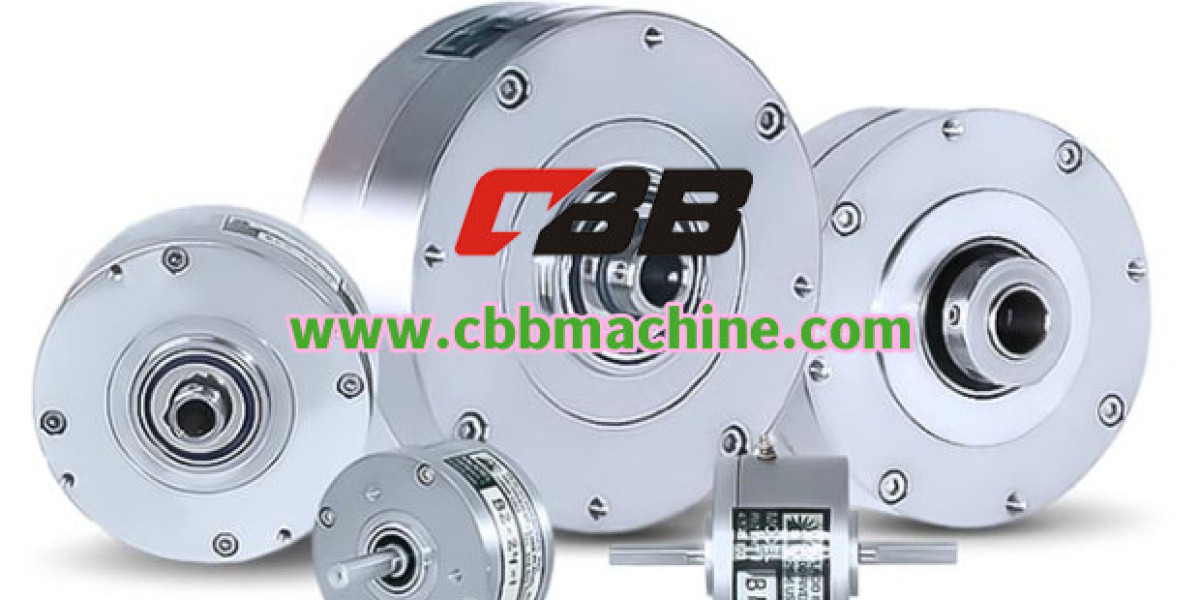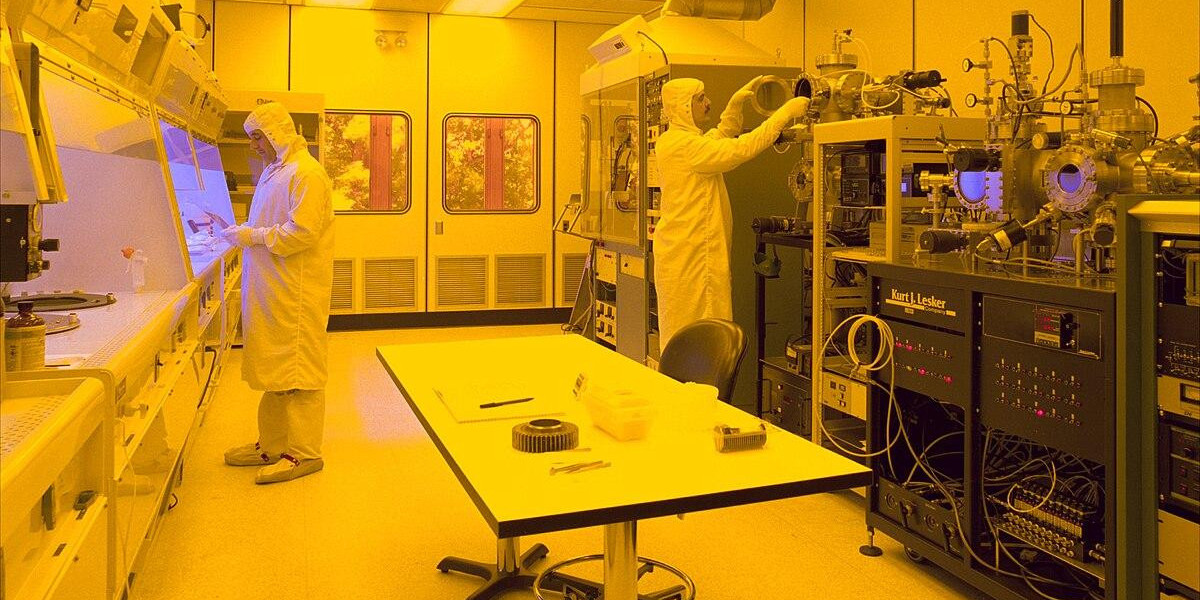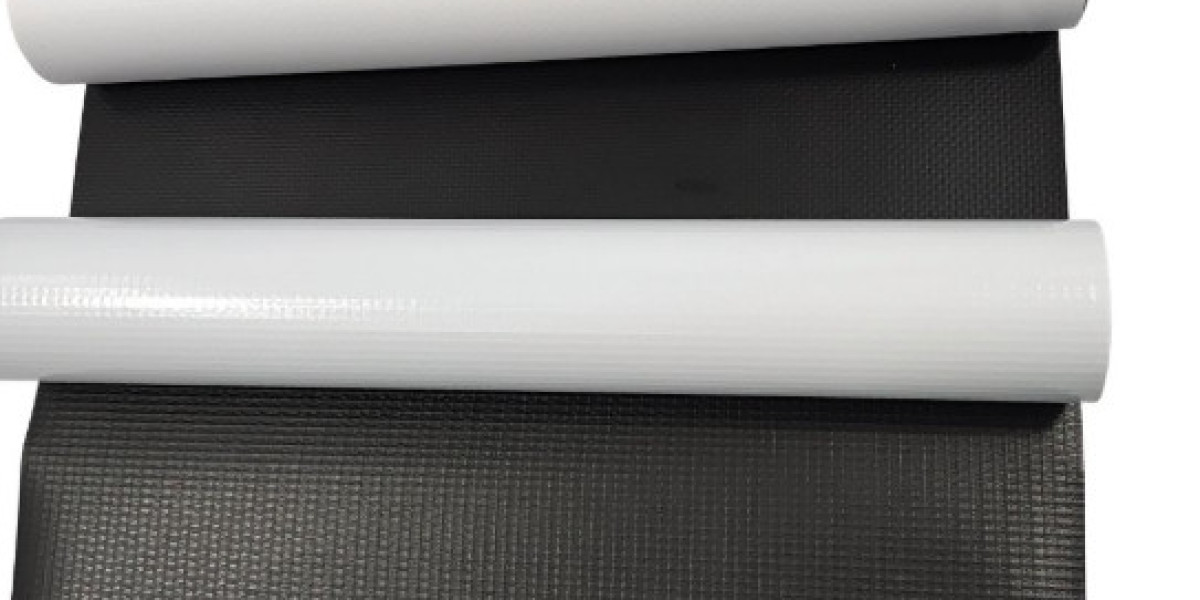The integration of sustainable agricultural technology is becoming increasingly important in the agriculture equipment market. As concerns about environmental impact and resource conservation grow, farmers are seeking solutions that promote sustainability. Technologies such as drip irrigation, organic fertilizers, and renewable energy-powered equipment are gaining popularity. By adopting sustainable agricultural practices, farmers can enhance productivity while minimizing their ecological footprint, ensuring the long-term viability of their operations. The shift towards sustainability is not only beneficial for the environment but also aligns with consumer preferences for responsibly sourced food products.
The agriculture industry has witnessed a significant transformation over the past few decades, largely driven by technological advancements in farming machinery and equipment. The Agriculture Equipment Market plays a crucial role in this transformation, providing farmers with tools that improve productivity, efficiency, and sustainability. With the growing global population and increasing demand for food, the adoption of advanced agricultural equipment has become essential. From tractors and harvesters to precision farming tools and crop protection equipment, modern machinery allows farmers to maximize yields while minimizing labor and resource usage. The market continues to expand as more farmers recognize the value of mechanization and automation in addressing the challenges of modern agriculture.
Market Overview: Size, Share, and Growth
The Agriculture Equipment Market Size has seen steady growth in recent years, driven by factors such as increasing agricultural investments, government initiatives promoting farm mechanization, and rising awareness about sustainable farming practices. Traditionally dominated by tractors and basic farming implements, the market has diversified to include precision farming machinery, irrigation systems, and technologically advanced equipment like GPS-enabled tractors. The Agriculture Equipment Market Share is highly competitive, with major players innovating constantly to meet the diverse needs of farmers across regions. Growth is not uniform globally, as adoption rates depend on factors such as farm size, availability of financing, and regional agricultural practices. Emerging economies, particularly in Asia and Africa, are witnessing significant growth as small and medium-scale farmers increasingly invest in mechanized solutions.
Farm Mechanization Tools: Enhancing Efficiency
Farm mechanization tools are the backbone of modern agriculture, providing farmers with equipment that can perform tasks faster and more accurately than manual labor. Tractors, plows, cultivators, seeders, and harvesters are among the most widely used mechanization tools. Tractors, in particular, are indispensable for multiple farming operations, from tilling and planting to transportation of produce. Mechanized tools help reduce the reliance on seasonal labor, which is often scarce or expensive in many regions. Furthermore, the use of farm mechanization not only accelerates operations but also improves soil management and crop quality by ensuring consistent application of inputs. As a result, mechanization tools are no longer a luxury but a necessity for farmers seeking to enhance productivity and profitability.
Precision Farming Machinery: Technology-Driven Agriculture
The introduction of precision farming machinery has revolutionized the agriculture landscape. Precision agriculture involves using technology to monitor and manage field variability, enabling farmers to make informed decisions on planting, fertilization, irrigation, and pest control. Machinery such as GPS-guided tractors, automated seeders, drone-based crop monitoring systems, and soil sensors allows for accurate input application and reduces waste. Precision farming helps optimize resource use, increases crop yield, and promotes sustainable agricultural practices. As technology costs decrease and awareness grows, precision farming machinery is becoming increasingly accessible to farmers worldwide. This segment of the market is expected to grow rapidly as digital agriculture solutions integrate with traditional mechanization tools.
Tractors and Harvesters: The Core of Mechanized Agriculture
Tractors and harvesters remain at the core of the Agriculture Equipment Market. Tractors serve multiple purposes, including plowing, sowing, spraying, and hauling, making them the most versatile farming machines. Modern tractors are equipped with advanced features such as fuel-efficient engines, ergonomic designs, and smart monitoring systems. Harvesters, on the other hand, play a crucial role in efficiently gathering crops like wheat, rice, maize, and cotton. By automating the harvesting process, these machines significantly reduce labor costs and minimize post-harvest losses. Both tractors and harvesters are experiencing innovation in terms of size, efficiency, and adaptability, ensuring that farmers can optimize operations irrespective of farm scale or crop type.
Crop Protection Equipment: Safeguarding Yields
Another essential segment of the market is crop protection equipment, which includes sprayers, dusters, and automated pesticide application systems. Protecting crops from pests, diseases, and weeds is vital for ensuring high yields and maintaining food quality. Modern crop protection equipment allows for precise application of chemicals, reducing overuse and minimizing environmental impact. Integration with smart technologies such as GPS guidance and automated sensors ensures that inputs are applied only where needed, improving efficiency and sustainability. The adoption of crop protection equipment is growing rapidly, particularly in regions where pest infestations and crop diseases pose significant challenges to agricultural productivity.
Sustainable Agricultural Technology: A Growing Trend
Sustainability is becoming a major focus in agriculture, and sustainable agricultural technology is increasingly influencing the equipment market. Equipment designed for minimal environmental impact, such as electric or hybrid tractors, low-emission engines, and water-efficient irrigation systems, is gaining popularity. Farmers are now adopting practices that reduce soil degradation, conserve water, and lower carbon emissions. Sustainable agricultural equipment not only helps preserve natural resources but also enhances long-term farm productivity. Government incentives, environmental regulations, and consumer demand for eco-friendly produce are further accelerating the adoption of sustainable technologies in the agriculture sector.
Conclusion: The Future of Agriculture Equipment
The Agriculture Equipment Market is poised for continued growth as global agricultural demands rise and technological innovations advance. The combination of mechanization, precision farming, advanced tractors and harvesters, crop protection equipment, and sustainable solutions is reshaping farming practices across the world. Farmers who embrace these technologies can improve efficiency, reduce costs, and ensure better yields, while also contributing to environmental sustainability. As the market evolves, we can expect continued integration of digital tools, automation, and eco-friendly machinery, driving agriculture toward a more productive, resilient, and sustainable future.








